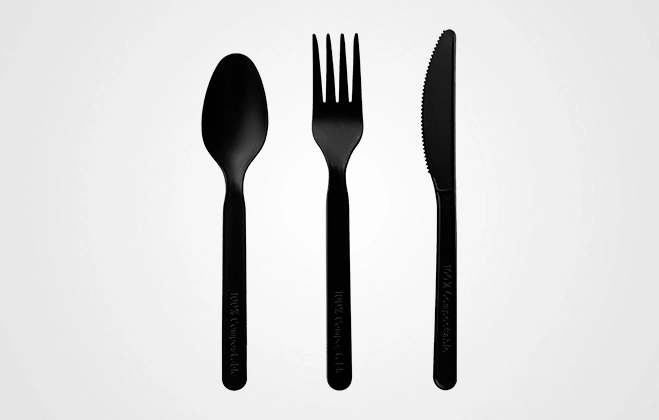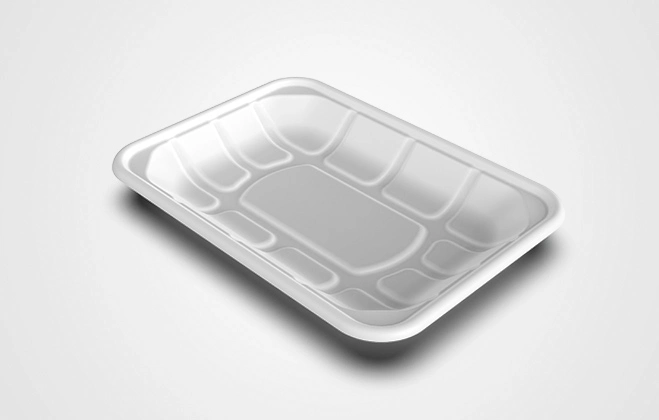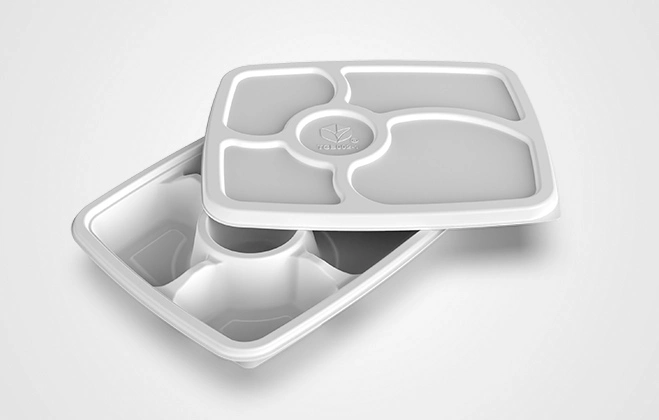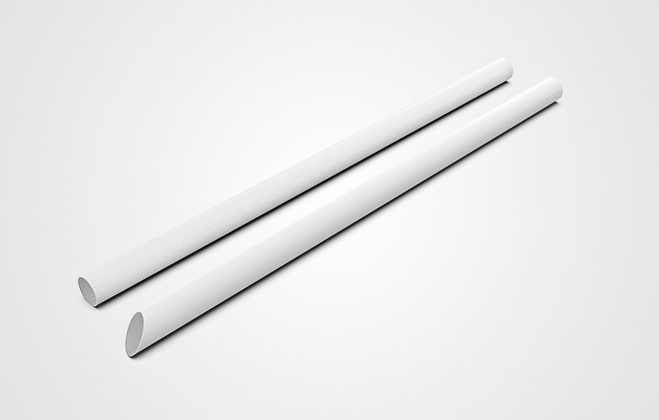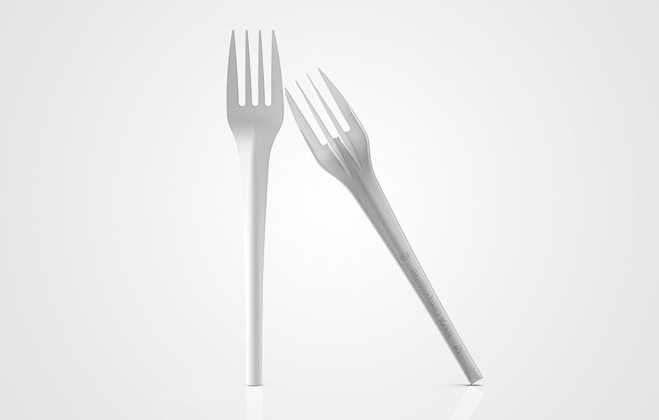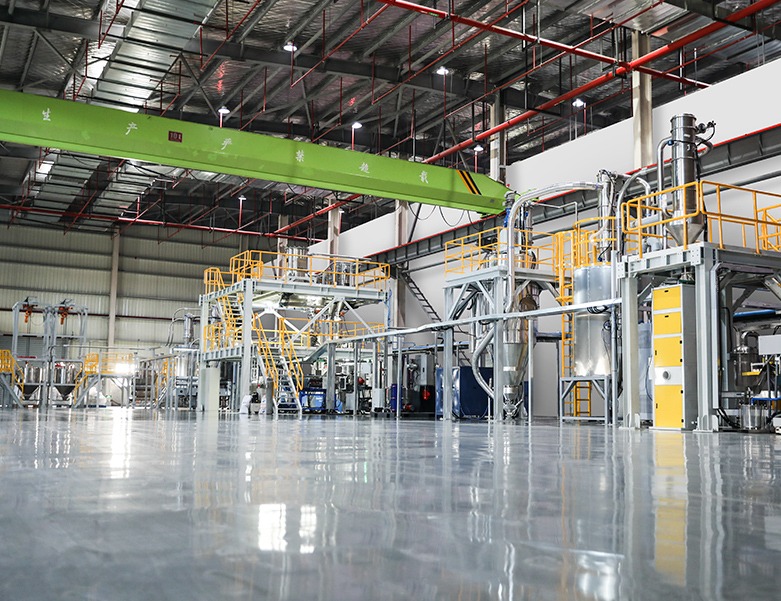Significant Environmental Features
PLA (polylactic acid) is a biodegradable material derived from renewable plant resources such as plant fibers. Using biodegradable tea cups as milk tea cups can significantly reduce environmental pollution. Compared to traditional plastic milk tea cups, biodegradable tea cups can be completely decomposed by microorganisms in nature after being discarded, ultimately converting into carbon dioxide and water, eliminating the issue of difficult to manage "white trash." This environmental feature makes biodegradable tea cups the top choice for consumers pursuing a green lifestyle.
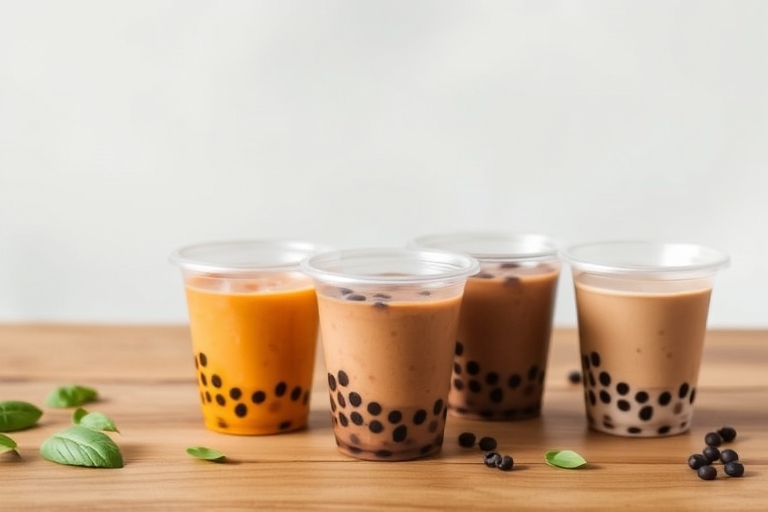
Safe and Healthy
PLA materials are non-toxic and harmless, meeting food safety standards. Therefore, using biodegradable tea cups to serve milk tea and other beverages can ensure consumer health. Compared with traditional plastic milk tea cups, biodegradable tea cups do not release harmful chemical substances such as microplastic particles, thus avoiding potential health threats to the human body. Additionally, biodegradable tea cups have good heat resistance and can withstand the test of hot beverages, ensuring the taste and quality of the drinks.
Durability and Aesthetics Coexist
Although biodegradable tea cups are made from biodegradable materials, their durability is not inferior to that of traditional plastic milk tea cups. biodegradable tea cups are structurally sturdy, not prone to deformation or breakage, and can well accommodate milk tea and other beverages. At the same time, biodegradable tea cups possess good aesthetics; their appearance is similar to traditional plastic milk tea cups, but more natural and environmentally friendly. This combination of aesthetics and practicality makes biodegradable tea cups highly favored in the milk tea market.
Policy Support and Market Demand
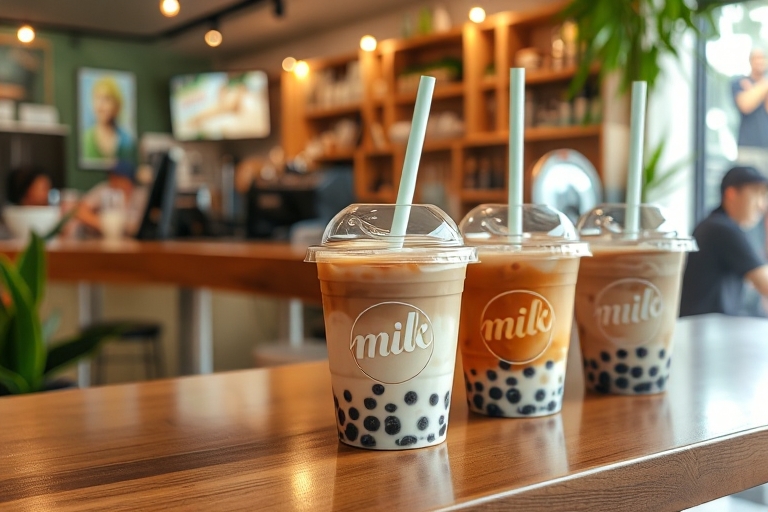
With the increasing global awareness of environmental protection, more and more countries and regions have begun to introduce strict plastic restrictions or bans, encouraging the use of biodegradable materials. This policy direction provides strong support for the development of biodegradable tea cups. Meanwhile, consumer demand for environmentally friendly products is continuously increasing, and they are more willing to choose environmentally friendly products. Therefore, biodegradable tea cups, as substitutes for milk tea cups, have broad market prospects and development potential.
Biodegradable tea cups as milk tea cups have significant environmental features, safety and health, durability and aesthetics coexistence, and policy support and market demand advantages. In the future, with continuous technological advancement and increased environmental awareness, the application of biodegradable tea cups in the milk tea market will be even more widespread.
 English
English 日本語
日本語 한국어
한국어 français
français Deutsch
Deutsch Español
Español русский
русский português
português العربية
العربية ไทย
ไทย Malay
Malay















